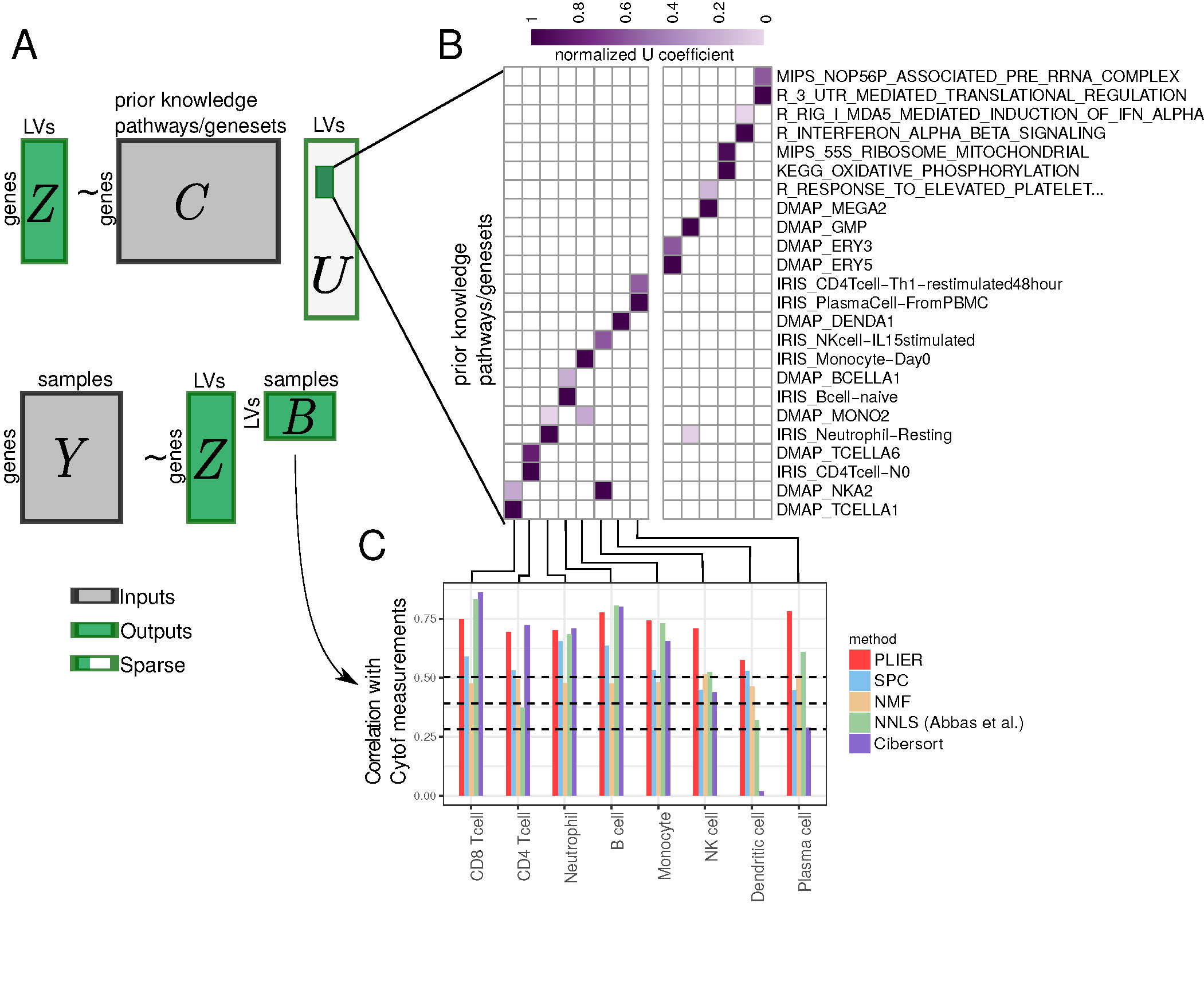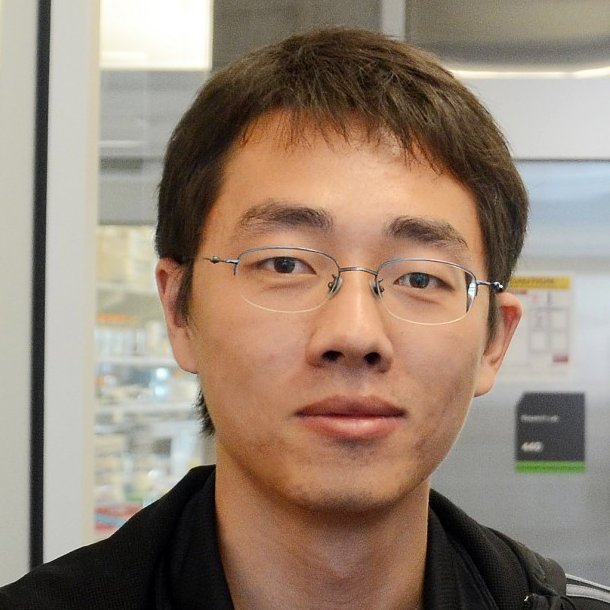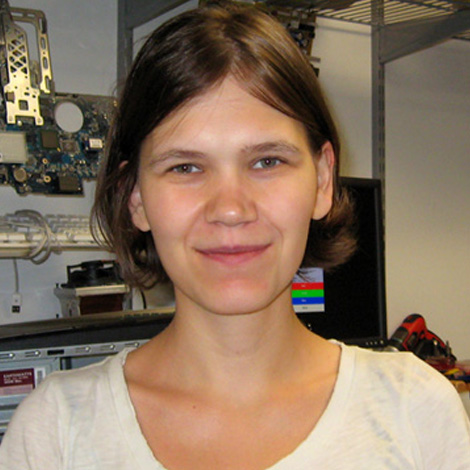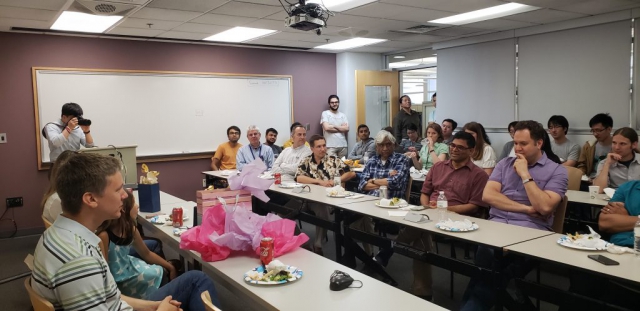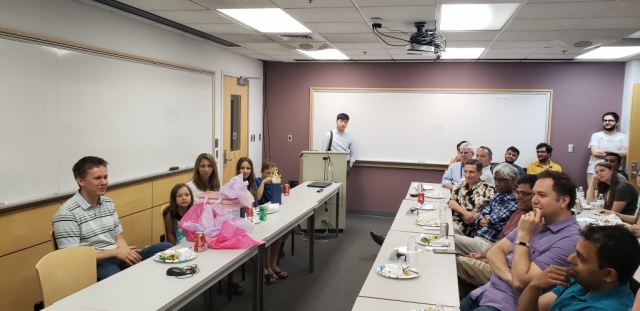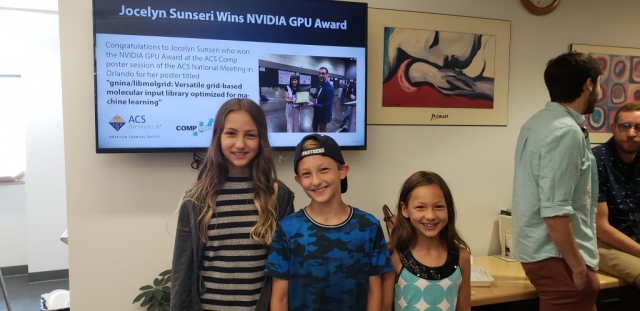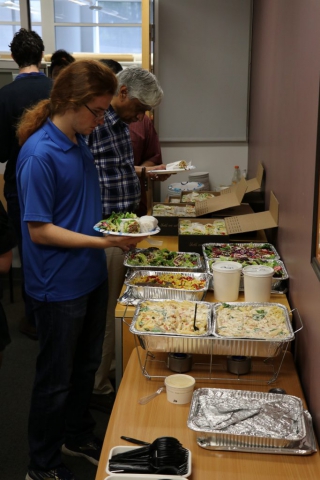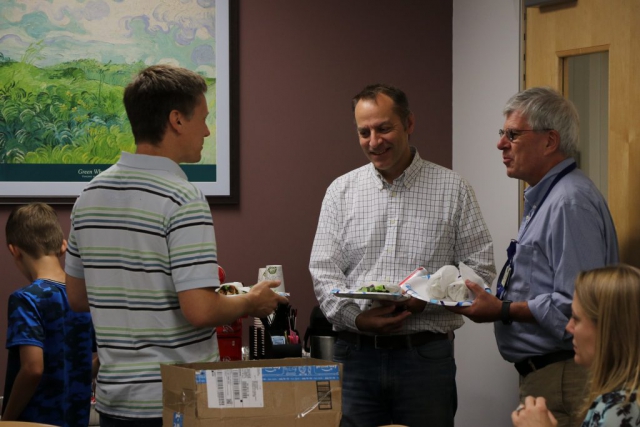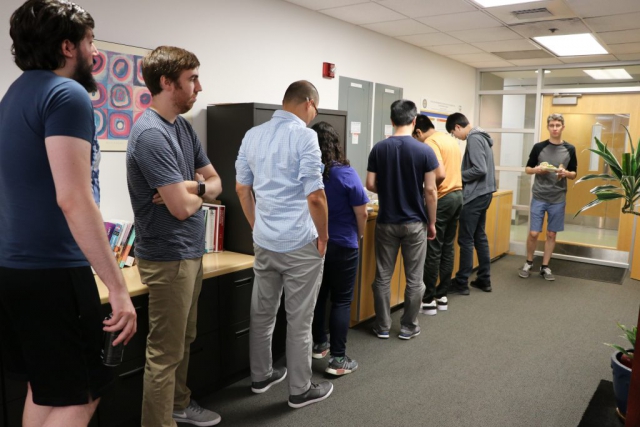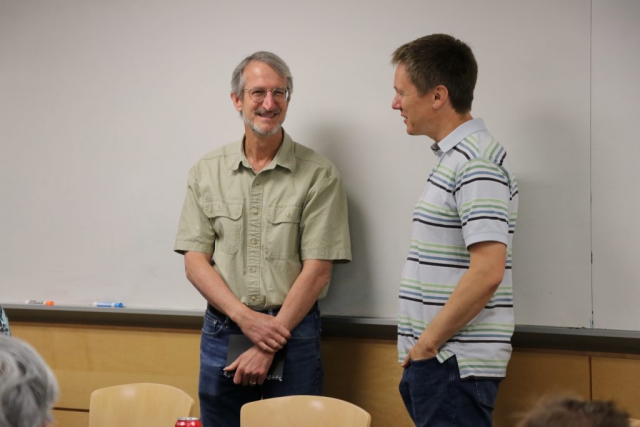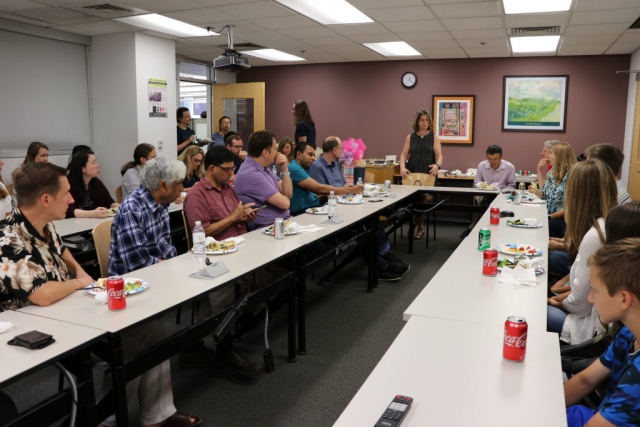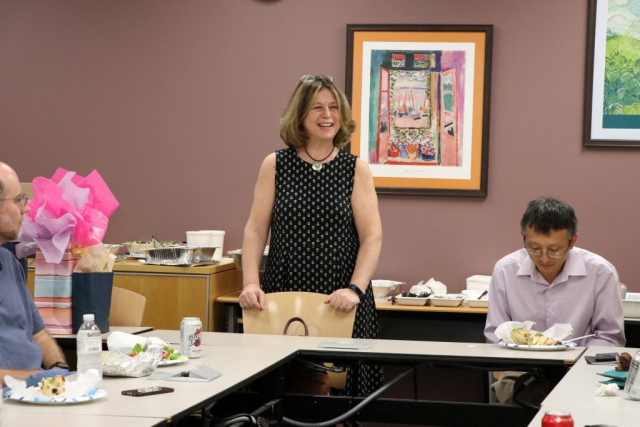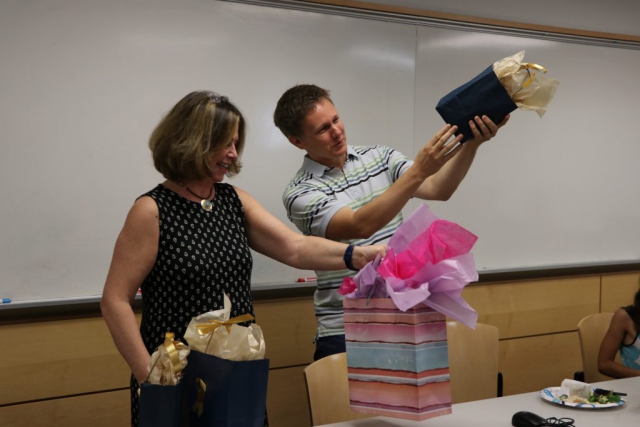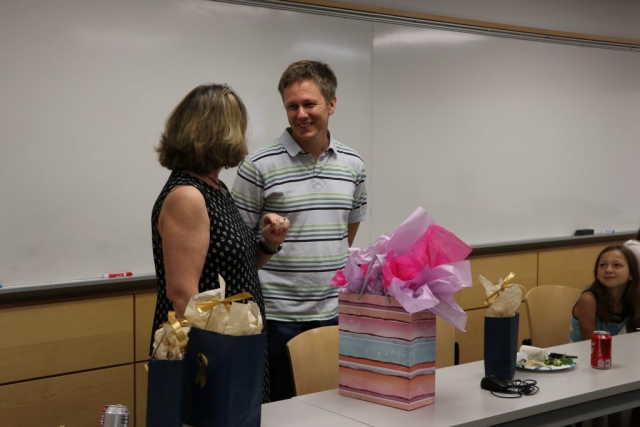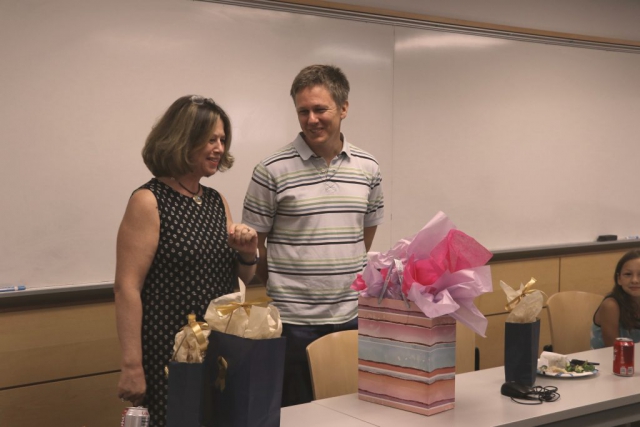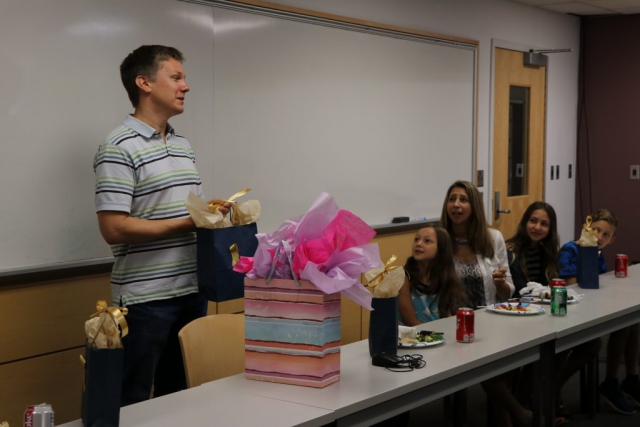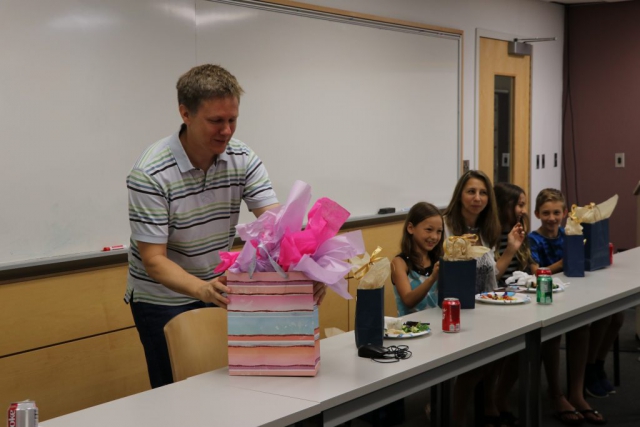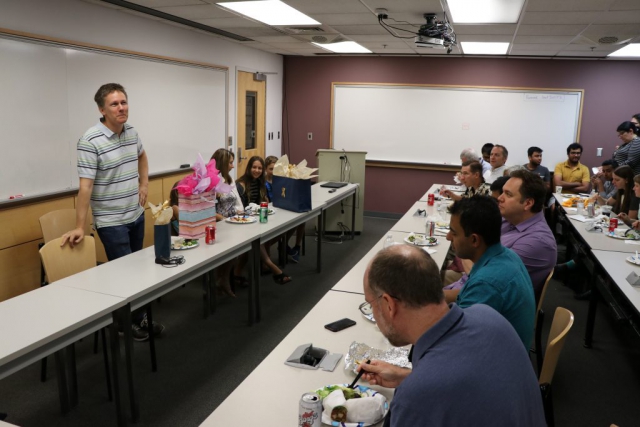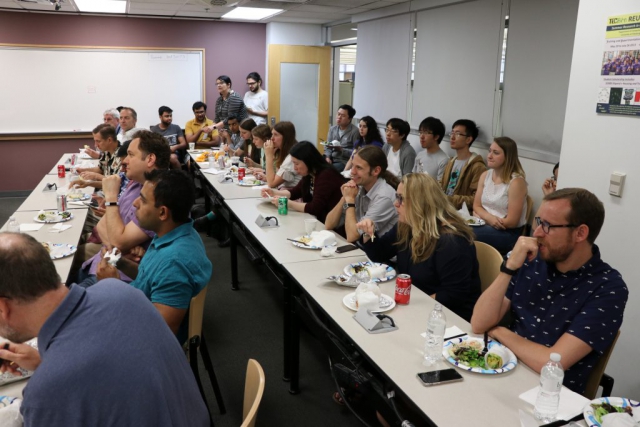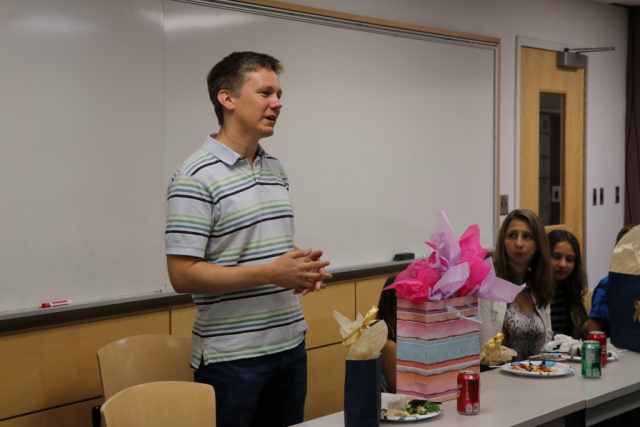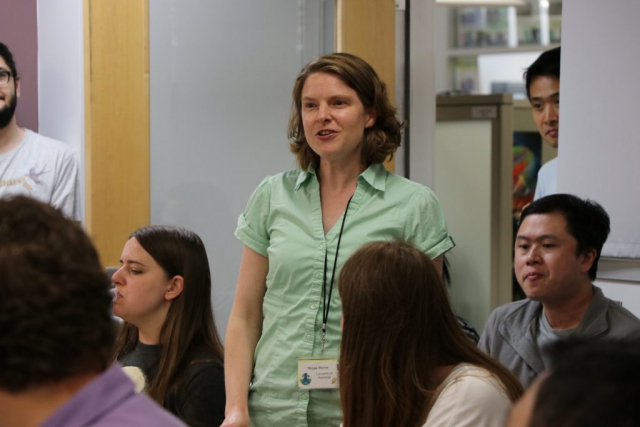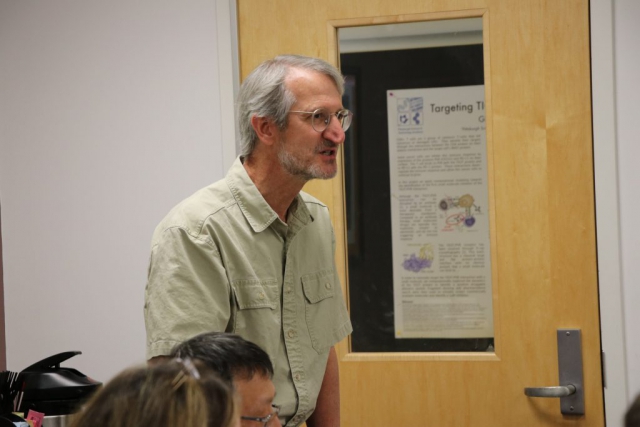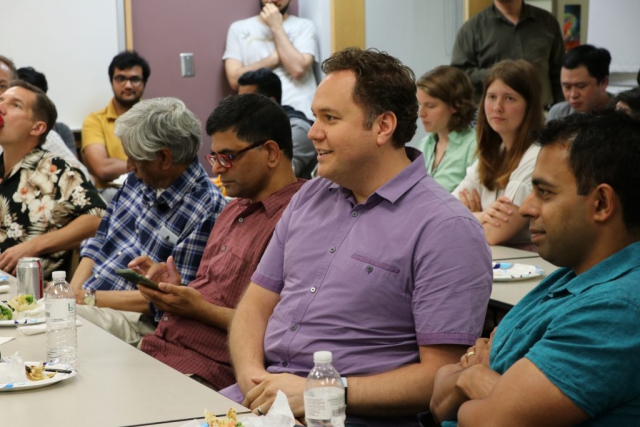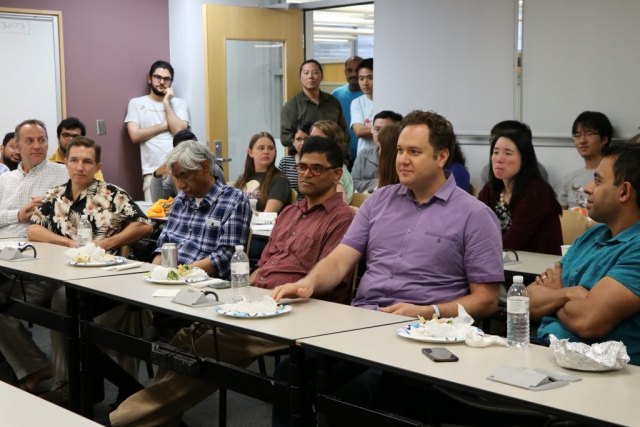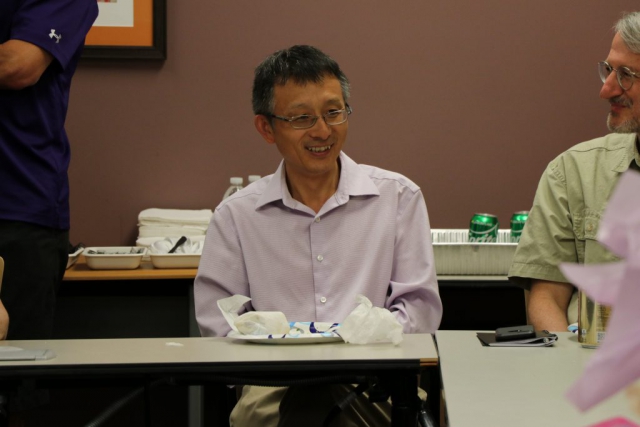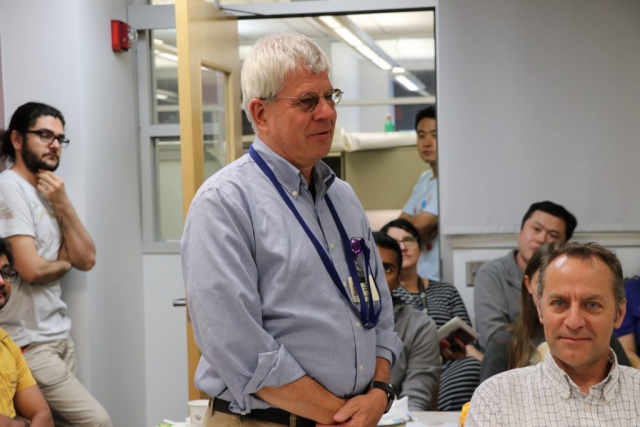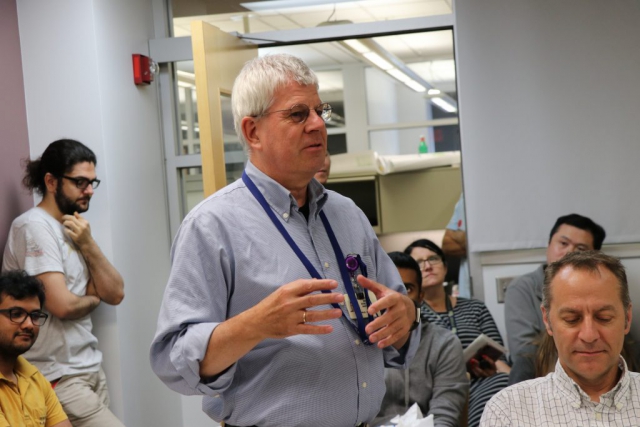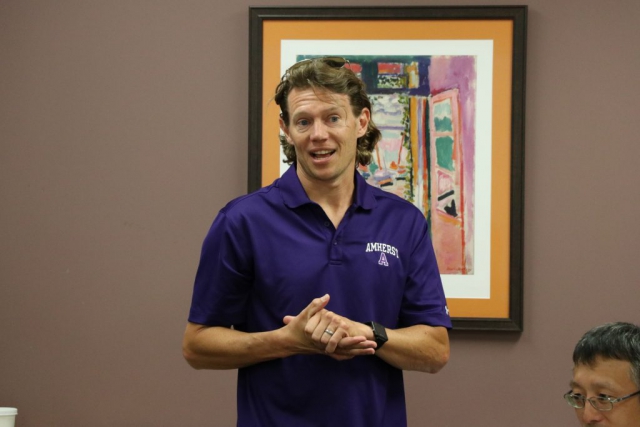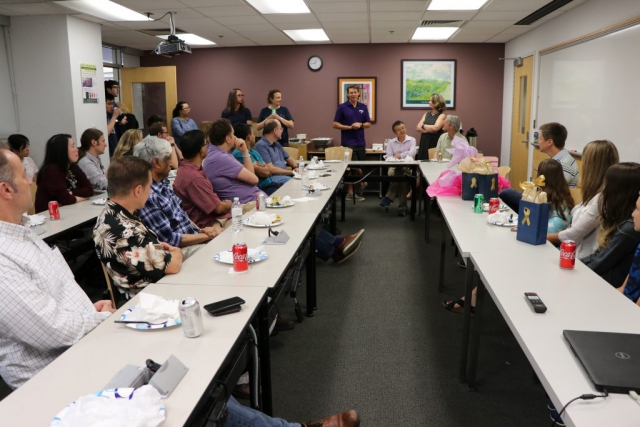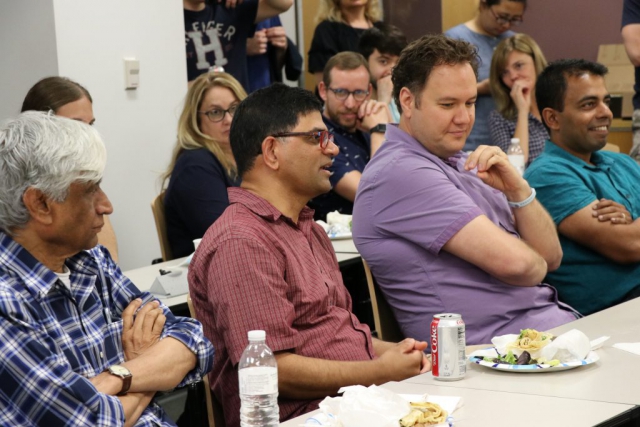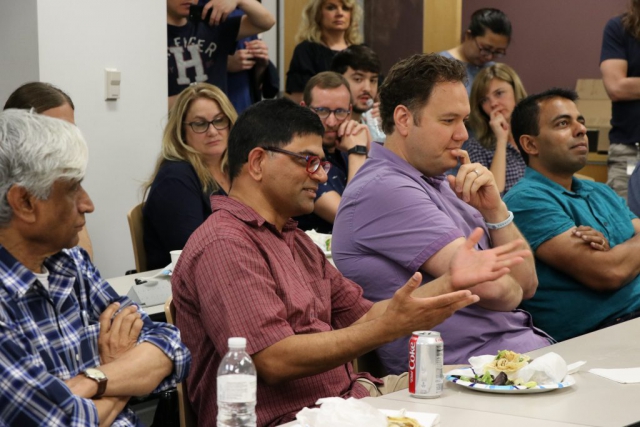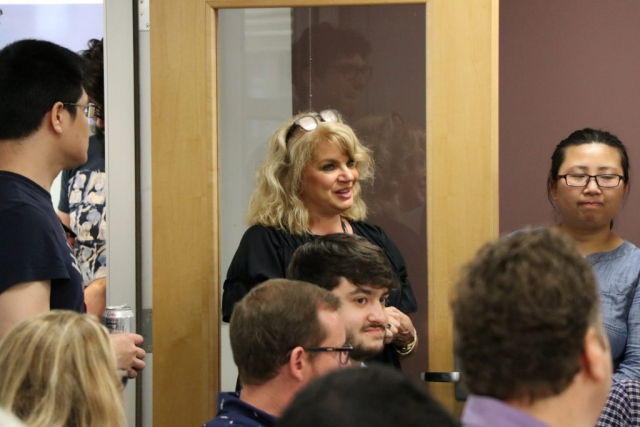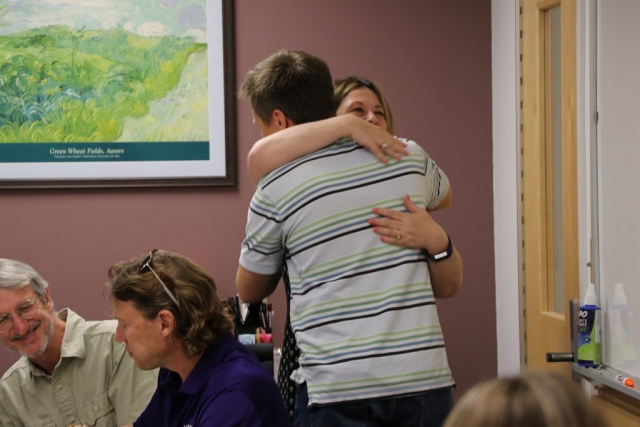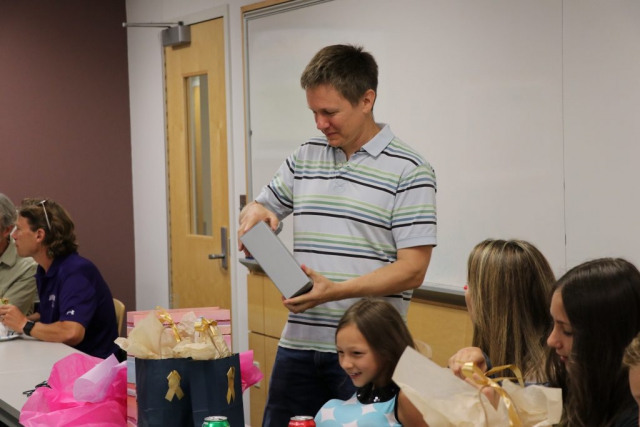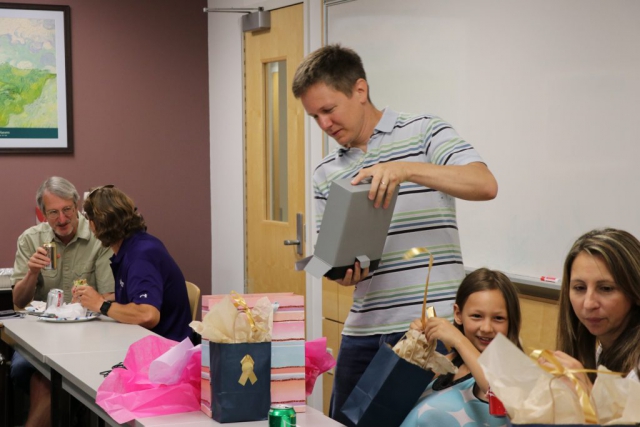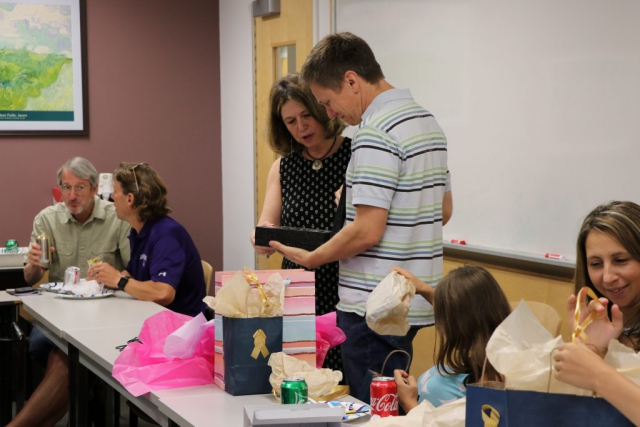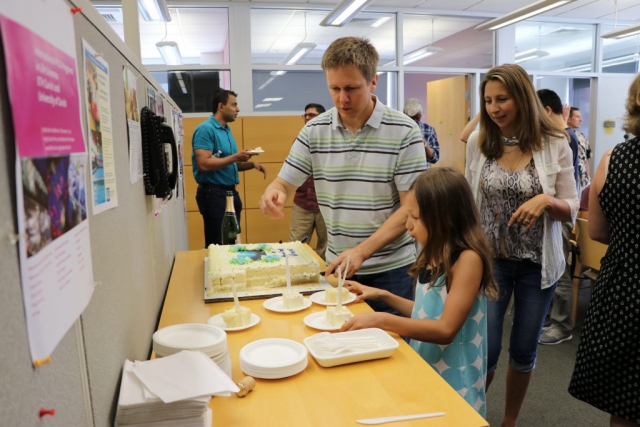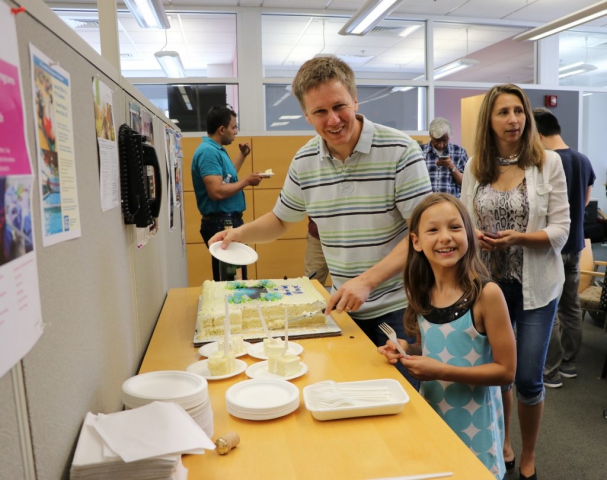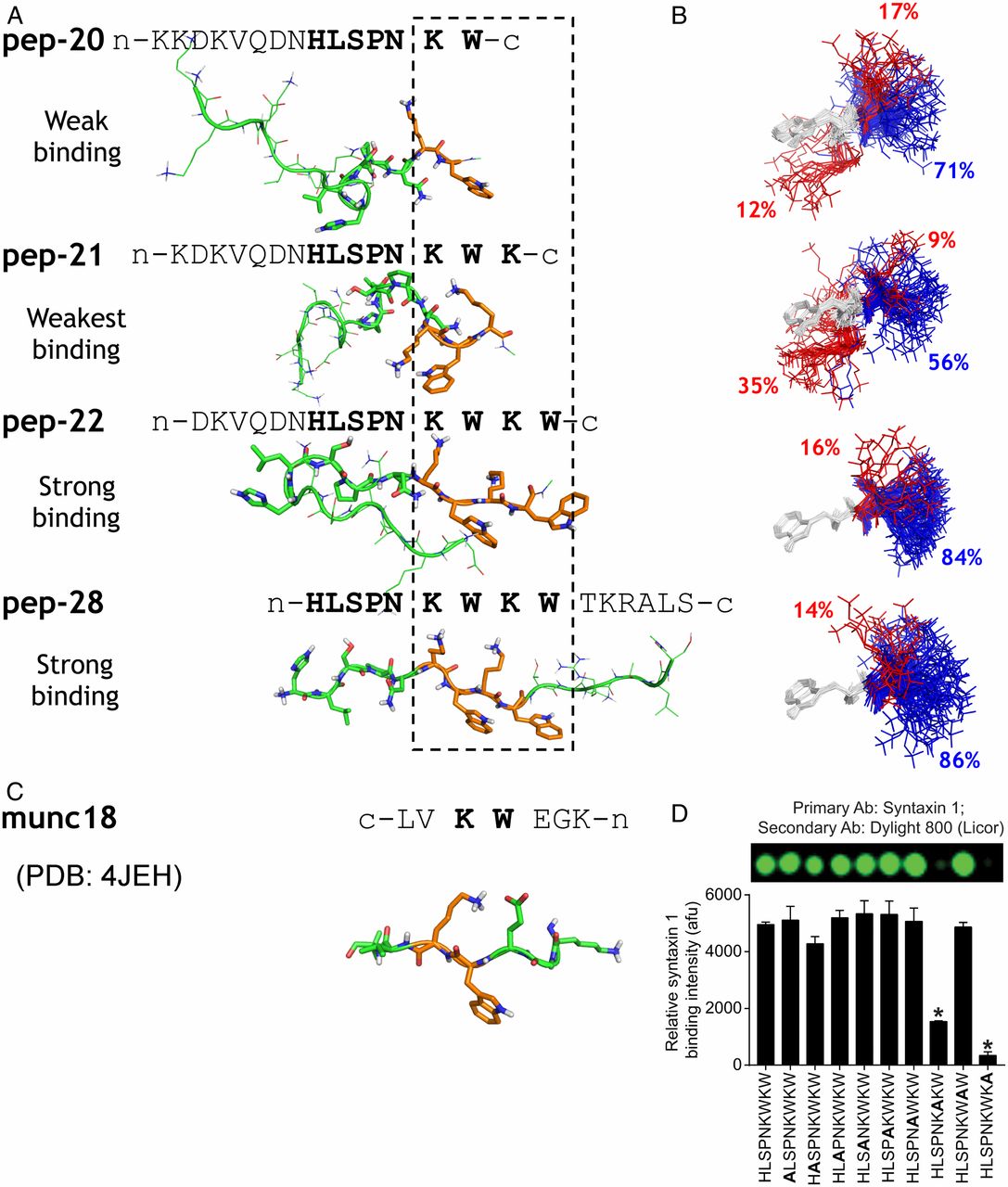
Dr. Joeseph Ayoob was named as the National Research Mentoring Network Mentor of the Month for July 2019, where he is also one of only four NRMN’s Master Mentors. Dr. Ayoob is an Associate Professor in the Department of Computational and Systems Biology, School of Medicine, University of Pittsburgh. Additionally, he is the Founding Program Director of our NSF-funded Training and Experimentation in Computational Biology (TECBio) Research Experience for Undergraduates (REU) Program and the UPMC Hillman Cancer Center and University of Pittsburgh’s Computational Biology Research Academy (CoBRA) for outstanding high-school scholars. Dr. Ayoob is also the Co-Founding Program Director for our CPCB MetaSchool Graduate Student Professional Development Series and the Course Director for Laboratory Methods for Computational Biologists, part of our Joint Carnegie Mellon/Pitt, Ph.D. Program in Computational Biology (CPCB), as well as the Co-Founding Director for the Computational Biomedicine & Biotechnology Masters Program (COBB). Click here to read more about his story as a scientist and mentor.
About the program:
Despite several decades of efforts to increase diversity in the U.S. biomedical workforce, the issue of the under-representation of many populations remains. Scholars from non-majority backgrounds–whether by race, ethnicity, socioeconomic status, sexual orientation, or disability–have overcome many barriers yet still carry the burdens of disadvantaged and discrimination. NRMN is funded by NIH and is a part of the NIH Diversity Program Consortium (DPC), which is a national collaborative that develops, implements, and determines the effectiveness of innovative approaches to strengthen institutional capacity to sustain mentor-mentee relationships. The NRMN is a nationwide consortium of biomedical professionals and institutions collaborating to provide enhanced networking and mentorship experiences in support of the training and career development of individuals from under represented backgrounds who are pursuing biomedical, behavioral, clinical, and social science research careers (collectively termed biomedical research careers). The NRMN is intended to enable mentees across career stages to find effective mentors who will engage in productive, supportive, and culturally responsive mentoring relationships. The NRMN monthly newsletter serves over 15,000 researchers around the country across all career stages in the biomedical sciences.

